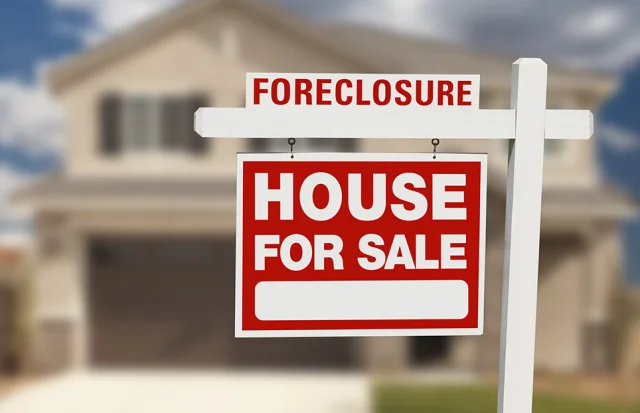
Making the Case for Working Longer
Remaining on the job for a few more years may not appeal to many older Americans who long to retire.
But in the above video, a compelling case for working longer is made by Steven Sass, an economist with the Center for Retirement Research, who also edits this blog.
Sass explains that delaying retirement improves a retiree’s financial security in three critical ways:
- The worker can continue to save money for a few more years and will have more time to earn investment income on his savings.
- For each year he works past age 62, he’s also increasing the size of his future Social Security checks by about 7 percent to 8 percent.
- Working longer reduces the number of years in retirement that must be paid for.
For those who don’t have a pension and haven’t saved enough, working longer may be the only viable solution.
Full disclosure: The video was produced and recently posted online by Fidelity & Guaranty Life, which is a corporate partner of the Center for Retirement Research; the Center funds this blog. To hear Sass being interviewed about other topics, including why people don’t use 401(k)s and how to draw down one’s retirement income, click here.
Comments are closed.







Thanks for the disclosure. I hope you guys remain mindful of this stuff. I know it requires real resources to provide these services, and I have nothing against corporate partners. But I remember reading your booklet, Why Target Date Funds?, and wondering how much I should trust the advice on account of that.
Ken, we appreciate comments from our readers, and you raise an important point.
Just to clarify, Why Target Date Funds? was solely funded by the U.S. Social Security Administration.
Sincerely, Kim (blog writer)
Ken, we appreciate comments from our readers, and you raise an important point.
Just to clarify, Why Target Date Funds? was solely funded by the U.S. Social Security Administration.
Sincerely, Kim (blog writer)
This boils down to a quality of life issue. I came to hate my job so much and was under constant stress, which surely would have shortened my life. I had saved more than enough to retire. They offered attractive severance packages and I took one.
Working longer is fine for highly educated professionals or individuals with a strong small business. For those who worked from the age of 21 to 65 at hard labor (in steel making, in automobile assembly, in construction) they need to rest.
It is very unfortunate that this distinction is not made by Prof Sass–all the research shows those working hard, physically exhausting jobs die before they reach the optimal retirement age from a financial standpoint. How fair is it to demand they work more years (in the cynical actuarial knowledge)? Doing so means they will die before they can claim Social Security or other company pensions.
Dr P Ciancanelli,
In fact, Squared Away has written a couple of articles about research that finds precisely that.
Here they are:
“Hard Labor Spells Earlier Retirement”
and “Health, Wealthy and Not Retiring.”
Thank you for your comment.
Dr P Ciancanelli,
In fact, Squared Away has written a couple of articles about research that finds precisely that.
Here they are:
“Hard Labor Spells Earlier Retirement”
and “Health, Wealthy and Not Retiring.”
Thank you for your comment.
The goal to aim for is to able to make well-informed decisions about when to stop working, taking Social Security, and drawing down pension and non-pension savings. Unfortunately, we are far from this goal in the U.S. Most people don’t know the rules that determine Social Security and pension benefits. Simplifying those rules would make the task of providing that info much easier. But Congress is not likely to do that.
There is no way to calculate a financially optimal age to retire. But knowing the rules can help people make better-informed decisions about the trade-off between monthly benefits now and higher monthly benefits later, which would provide a sustained higher level of living. The need to make this trade-off judgement is especially clear when current financial resources are meager.